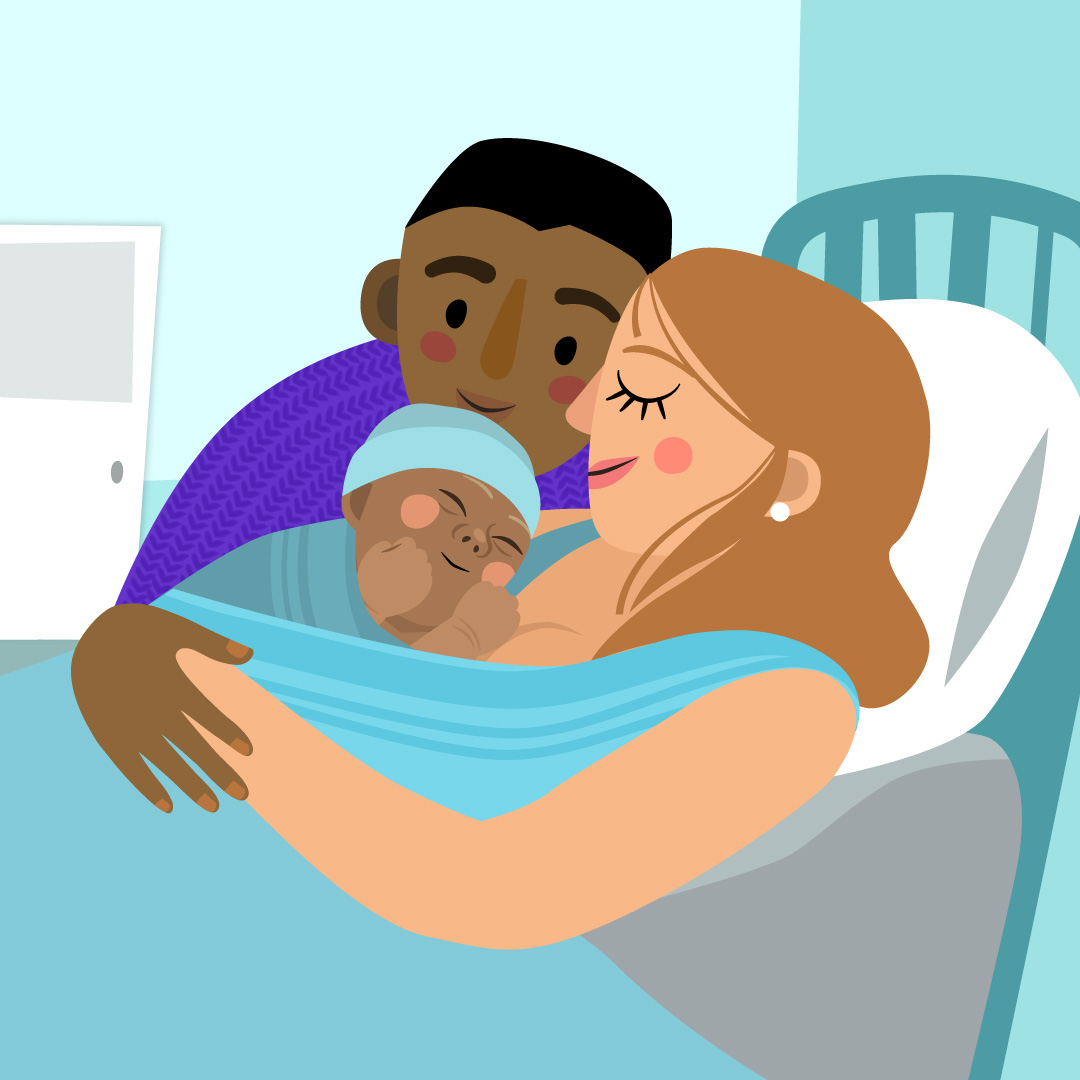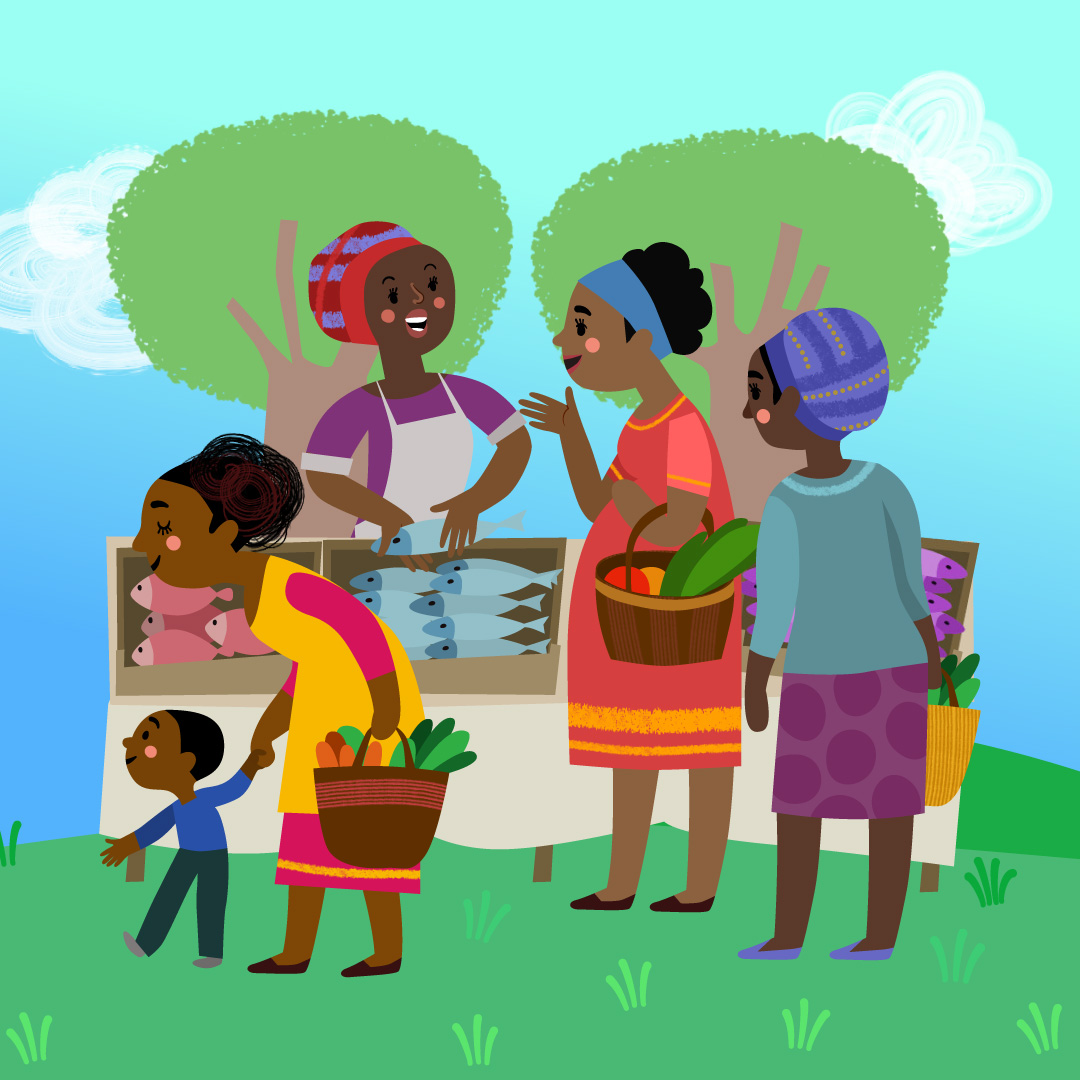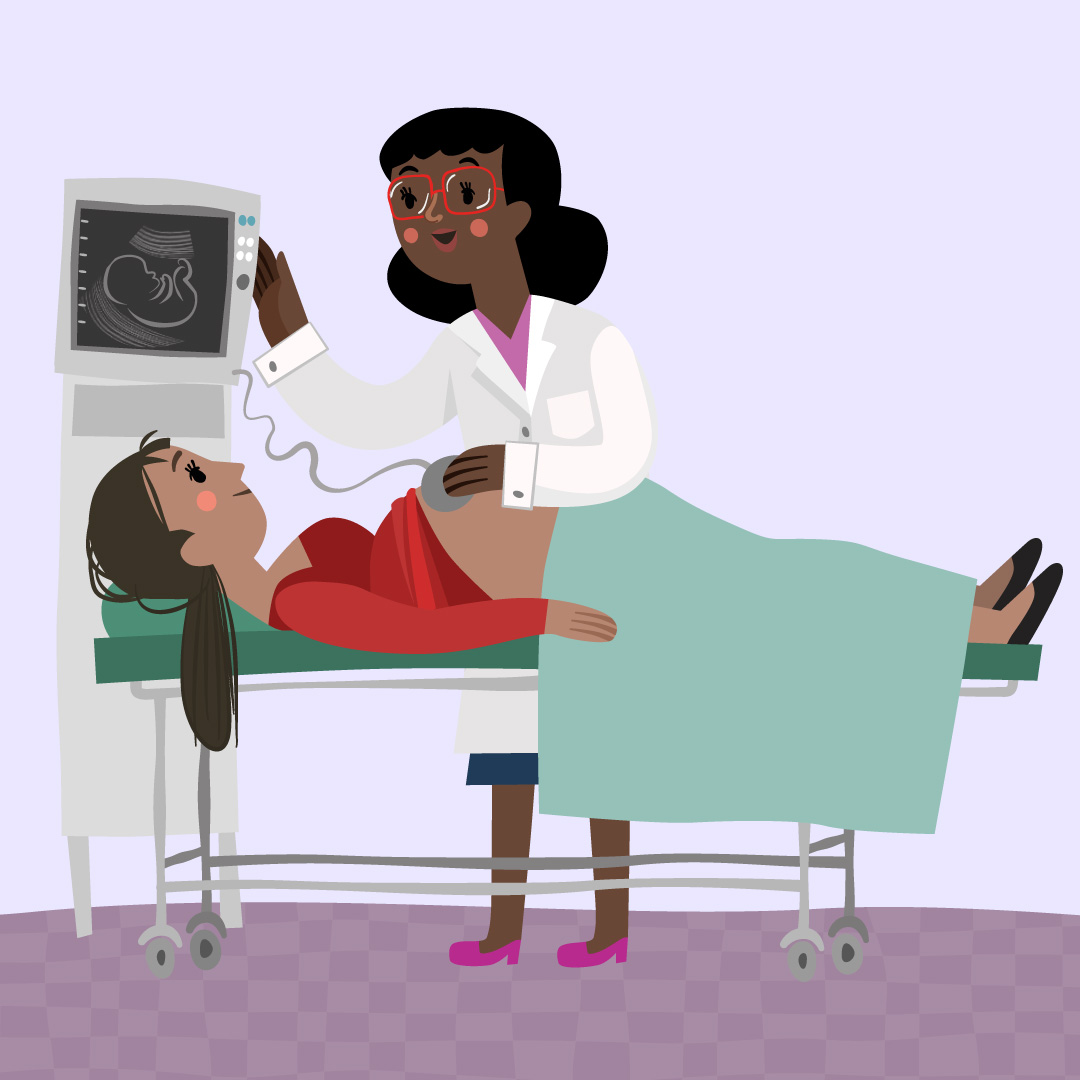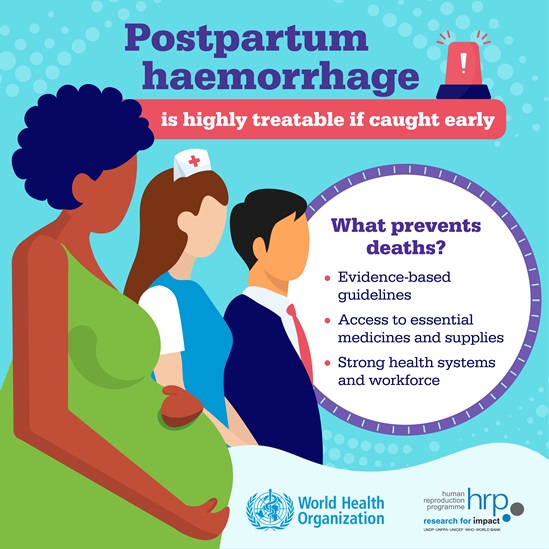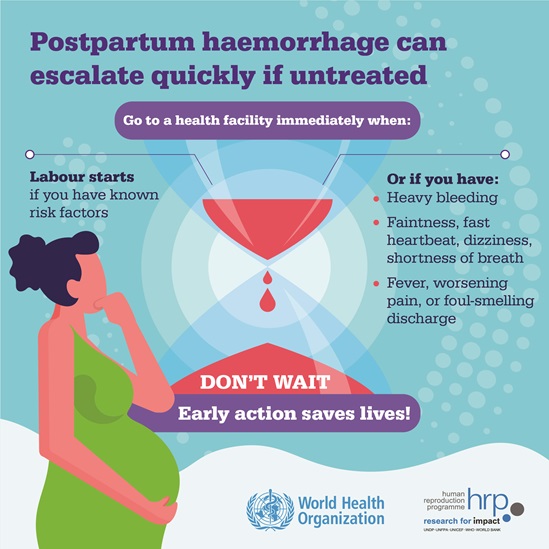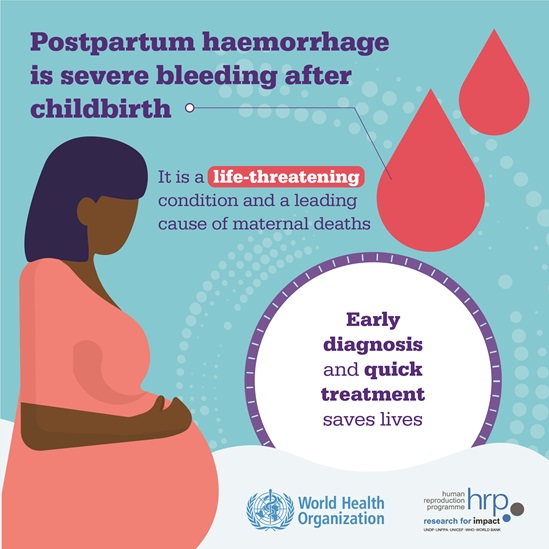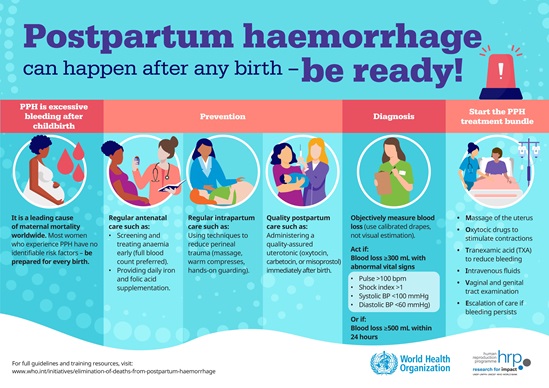Getting the health services you need: after childbirth
Updated: 30 September 2022
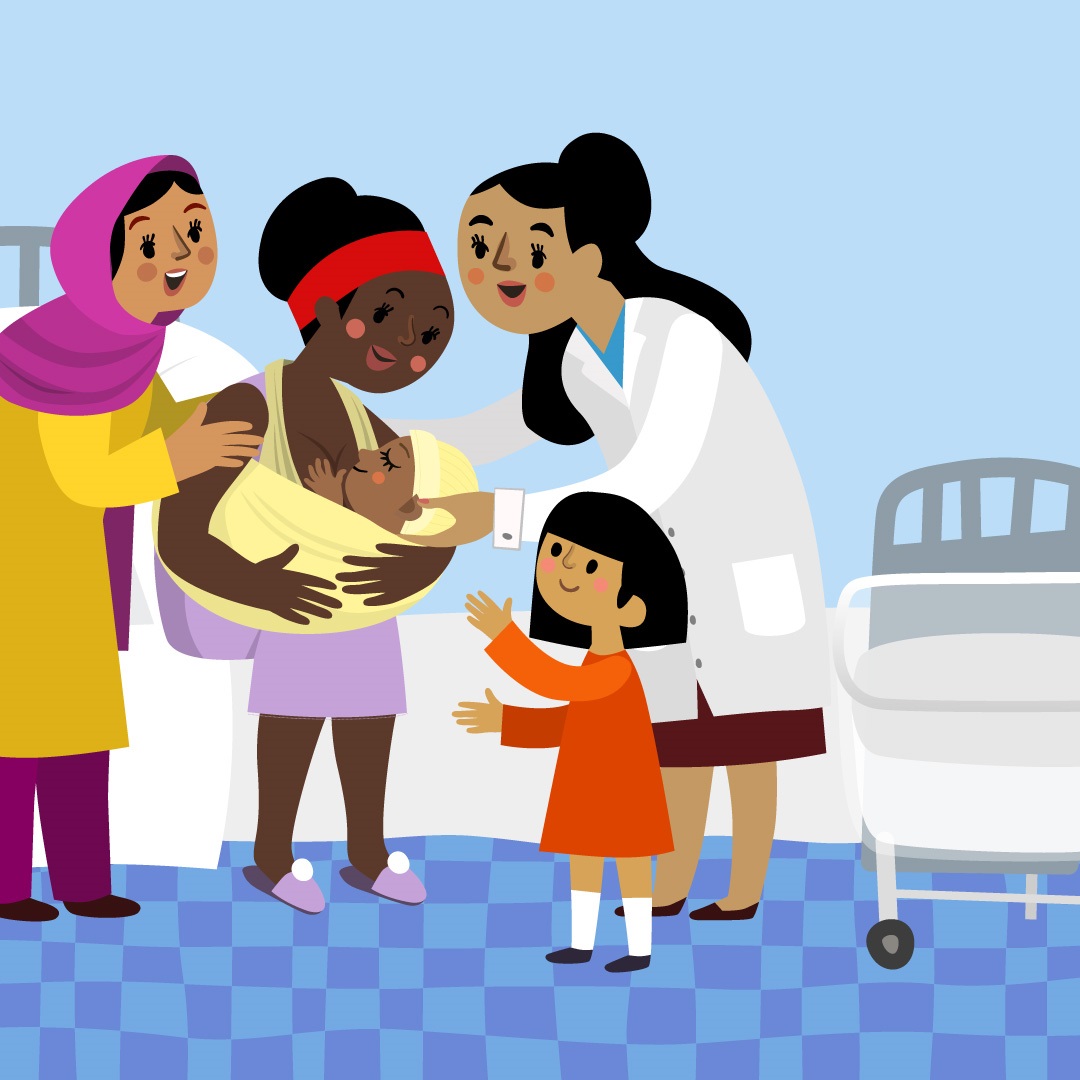
Manuela Leporesi
©
Credits
Tips and information
- Receive care during the first 24 hours after childbirth from a health worker, no matter where the birth takes place (e.g. facility or home)
- See a trained health worker for at least three additional contacts in the first six weeks after childbirth
- Know that you have the right to be treated with respect and dignity after childbirth
- Know that a health worker should provide information on sexual health and family planning
- Know about danger signs for the mother (such as pain in the stomach region or belly (abdomen), vaginal discharge) and where to seek care
- Know about danger signs for the baby (such as the baby is not feeding well, has fast breathing or a high temperature) and where to seek care
- Seek help if someone is hurting or threatening you or your baby, such as violence from a partner or ex-partner
- Keep a record in the home of the mother and baby’s health and vaccines after childbirth
- Know that these records should be provided by a health worker and taken to all health care visits
- Ask a health worker how to avoid infectious diseases, such as HIV, malaria and tuberculosis
Related tips and information
Related rights
Videos & infographics
All →Question and Answers
All →Factsheets
Publications
All →Consolidated guidelines for the prevention, diagnosis and treatment of postpartum haemorrhage
Bleeding after birth: course on prevention, diagnosis and treatment of postpartum haemorrhage
Report of the 11th Meeting of the WHO Strategic and Technical Advisory Group of Experts for Maternal, Newborn, Child and Adolescent Health and Nutrition, 10–12 June 2025
WHO recommendation on antibiotic prophylaxis during labour for vaginal birth
Related health topics



